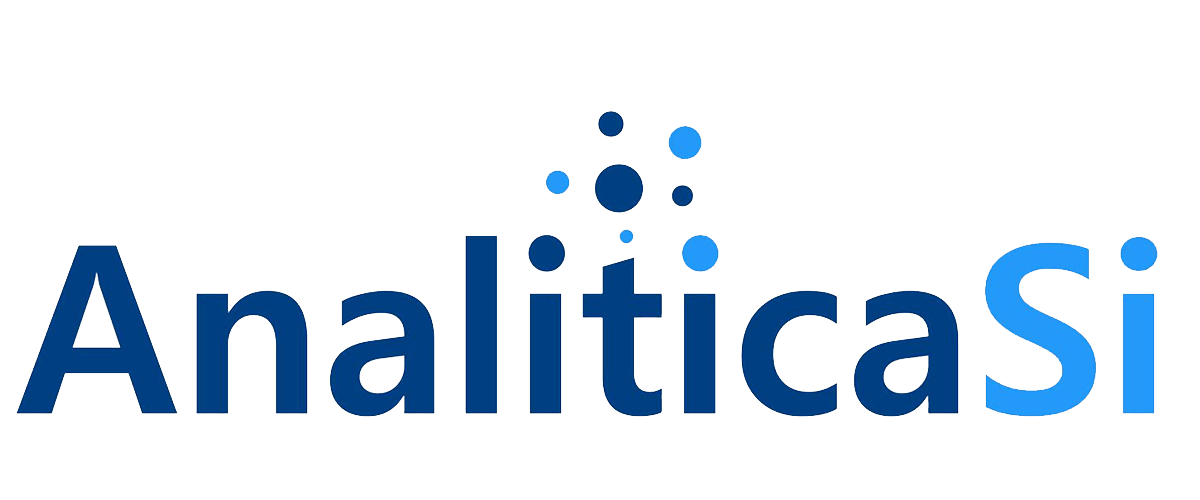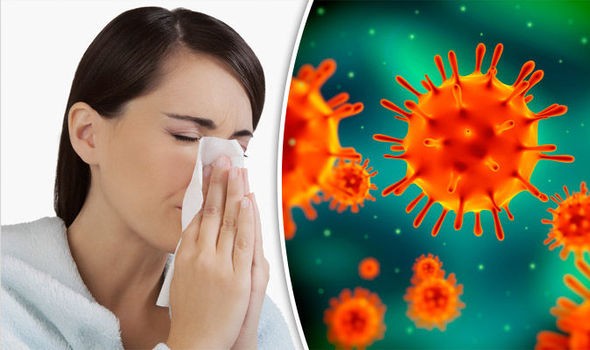Here is all you need to know about what exactly is the pulmonary test and all that you have to follow before the test.
Pulmonary tests refer to the bunch of tests that are carried out to look into the wellness of the functionality of your lungs. This includes how well you can breathe and the effectiveness of the lungs in supplying oxygen to various parts of the body. Your physician may recommend you undergo these tests in the following situations.
- If you are exhibiting symptoms of infections in the lungs.
- High exposure to hazardous substances in the workplace.
- To keep a track of diseases that are related to the lungs such as asthma or COPD.
- To analyze the efficiency of your lungs before surgery.
PREPARING FOR A PULMONARY TEST
In case you are undergoing medications that are related to asthma, COPD, or bronchitis your physician may advise you to stop the intake of medicine before the test. If you have any confusion related to the medications you are supposed to follow before the test, consult your physician, and get it cleared.
Make sure you don’t take a heavy meal just before the as it may not allow the lungs to inhale completely. See that you don’t intake food and beverages that contain caffeine like coffee, tea, etc since caffeine cause the air tract to open wider which may not provide you with accurate results during tests.
If you have undergone any eye, chest, or heart attack surgery you might be asked to delay the test.
THE PROCESS OF PULMONARY TEST
- Spirometry: It is a test that is conducted to measure the volume of air that you can breathe in and out in once respiration cycle. In this test, you will be sitting in front of a machine that has a mouthpiece that will be fitted to your mouth and your nose will be blocked temporarily.
- Plethysmography test: This test is to measure the volume of gas that your lungs can hold. You will be made to sit in a booth and asked to breathe in and out and the doctor can measure your lung volume by the pressure exerted in the booth.
- Diffusion capacity test: This test is conducted to see the functionality of the air sacs otherwise called alveoli that are present in your lungs. During this test, you will be asked to respire gasses such as oxygen, helium, and carbon-di-oxide.
RISKS ASSOCIATED WITH PULMONARY TESTS
- Pulmonary tests can cause complications under the following circumstances.
- You have undergone heart surgery recently.
- You have undergone eye surgery recently.
- You have a serious infection in the respiratory tract.
Get your lungs tested at Genesis Diagnostics and keep your lungs safe.


No responses yet